Tea and coffee used to have different consumer demographics. Now, the modern beverage business has merge the two categories.
Take Yihetang for example – the tea beverage business now sells coffee in more than 5,000 stores. Some of the stores make an extra RMB 150,000 in topline off coffee alone.
This year, both the beverage gurus and local chains are all tempted to add coffee to their menu.
Can tea beverage stores actually make money off coffee? Is it wise to launch a coffee line?
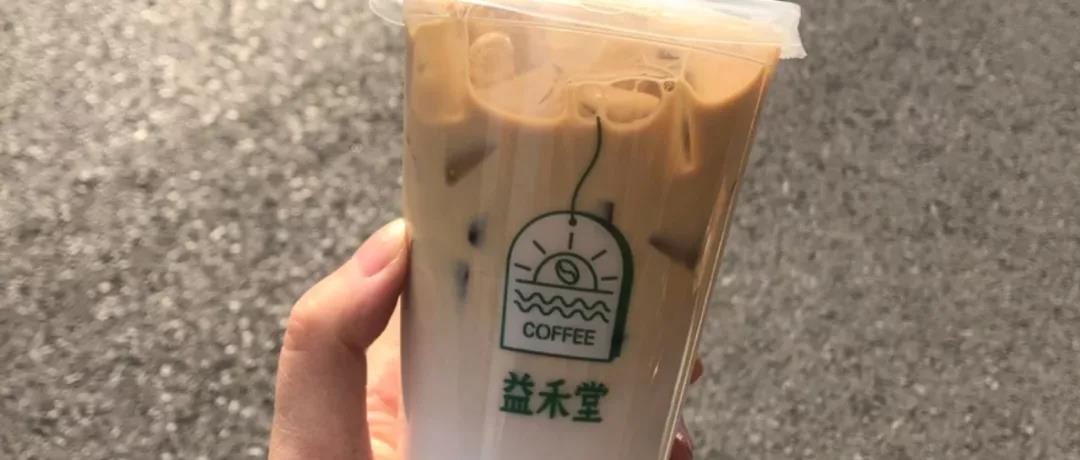

100% growth in number of cups;
150k+ revenue off coffee in single stores
Tea beverage chain businesses are milking their latest cash cow: coffee.
According to Chen Ya, Product Development Manager of Yihetang, “We’ve had coffee since day one. Coffee is most popular in our stores in Guangdong. Many stores can sell more than 40 cups in a day. Let’s assume all of these cups are americanos, our lowest priced coffee SKU sold at RMB 10 per cup, a store’s annual coffee revenue is almost RMB 150,000, on top of its tea income.”
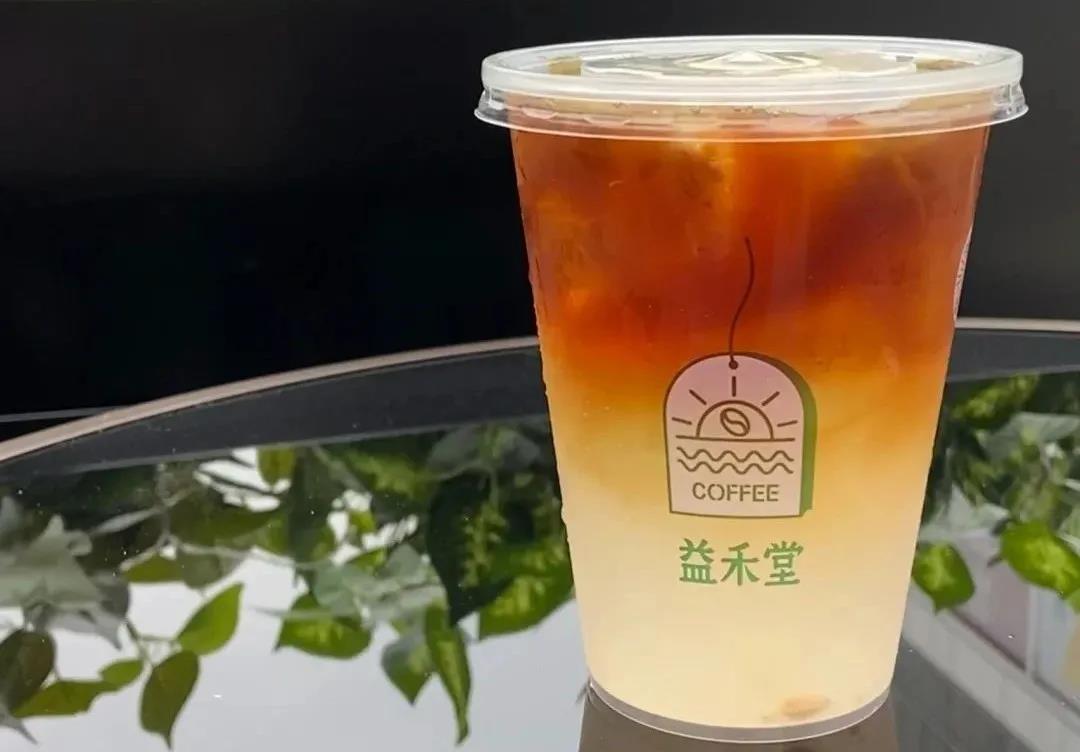
Identifying coffee as a big time opportunity, Yihetang invested around RMB 20 million last September to equip almost half of their stores with brand new coffee machines by Dr. Coffee. Since then, their coffee transaction counts and sales income both doubled.
Yihetang is not the earliest adopter of coffee among tea beverage brands. Back in 2019, CoCo already had more than 1,500 stores selling coffee.
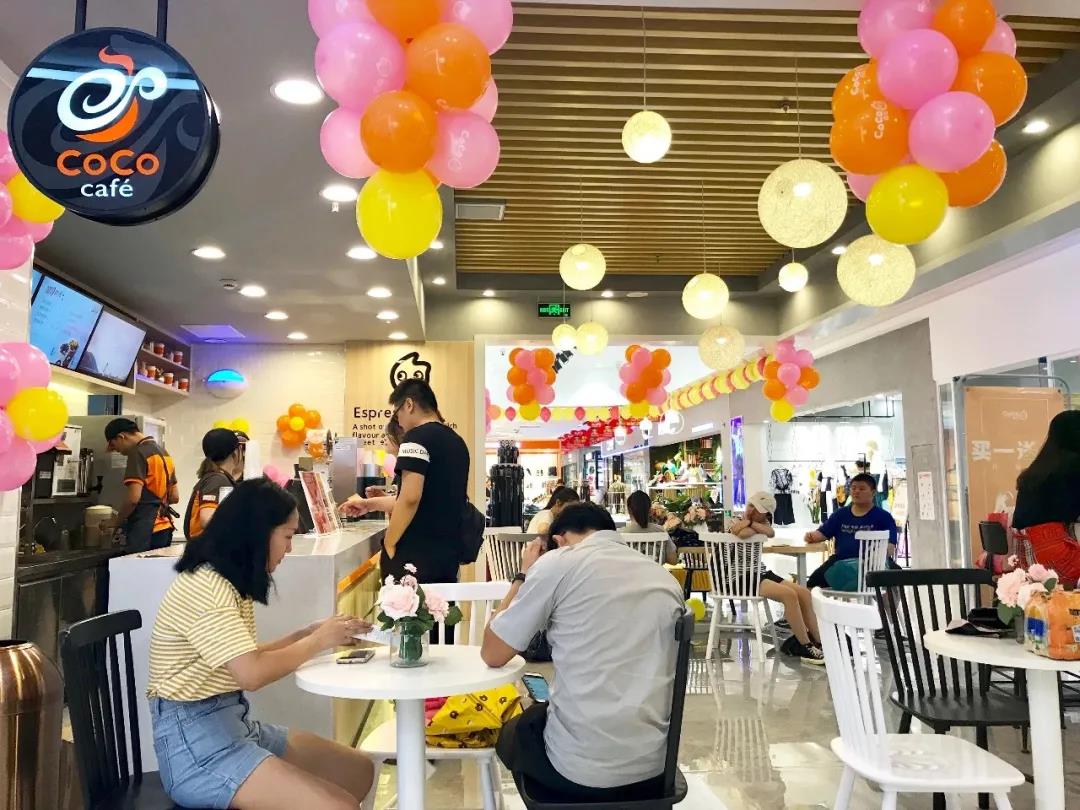
Last year, Nayuki developed their coffee line available in 17 Pro Stores. This year, LELECHA launched their coffee brand, DOUDOULE.
According to a commercial real estate professional in Shenzhen, some HEYTEA stores in the city sell up to 1,000 cups of coffee in a day.
In 2020, Zhang Hongfu, the then General Manager of Mixuebingcheng quit the job to start a coffee brand LuckyCup, which now has more than 100 stores.
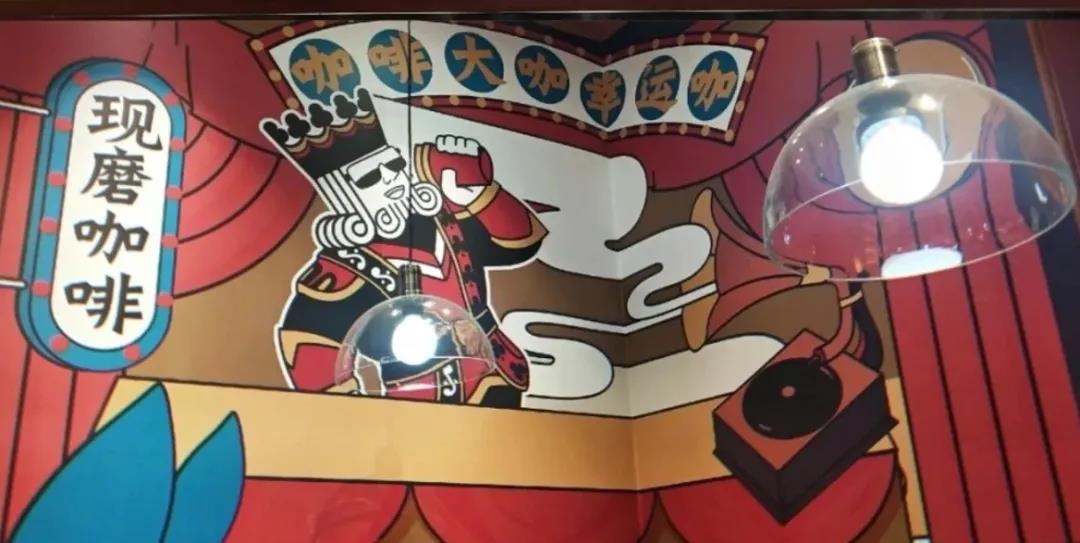
The reason why tea beverage brands unanimously embrace coffee is that they see the demand and future possibilities.
As a matter of fact, quite many small/medium sized brands got interested very early on. Owners of milk tea stores have come to me to discuss SCA accreditations or which coffee machines to buy.
But without wise strategies, many of these brands end up with a coffee line which is essentially a waste: they barely sell any coffee out, and the machines eventually become a mere decoration.

In terms of product development, coffee is an easier category than tea. So, what are the barriers for small businesses?
1. Equipment: pricey international brands, long payback
For a beverage store to start selling coffee, the first barrier is equipment.
An imported, fully automatic coffee machine with proper efficiency and consistency normally costs up to RMB 100,000. For franchisers, it will be a hard sell to their franchisees. For small independent brands, it is too much for their cash flow, and the payback period might even be longer than the store’s own lifecycle.
Some stores compromised to cheaper models sold at several thousand RMB, but the consequences are disastrous. Most of these machines are designed for home use, where they make 3 to 10 cups in a day. When expected to make 20 cups in a row during busy hours, the production becomes quite unstable; some machines even go down.
Yihetang has had three iterations with their coffee machines. “We started with a drip machine, and later changed to a fully automatic model, but its speed couldn’t keep up. In September 2019, we started to look for the third generation model. After testing and reviewing for almost a year, we landed with our current equipment, selected out of a dozen of brands.”
They currently work with Dr. Coffee’s fully automatic machine, which costs less than RMB 10,000 per set. The new model is put in use across 1,800+ stores with a massive cost saving compared to imported brands.
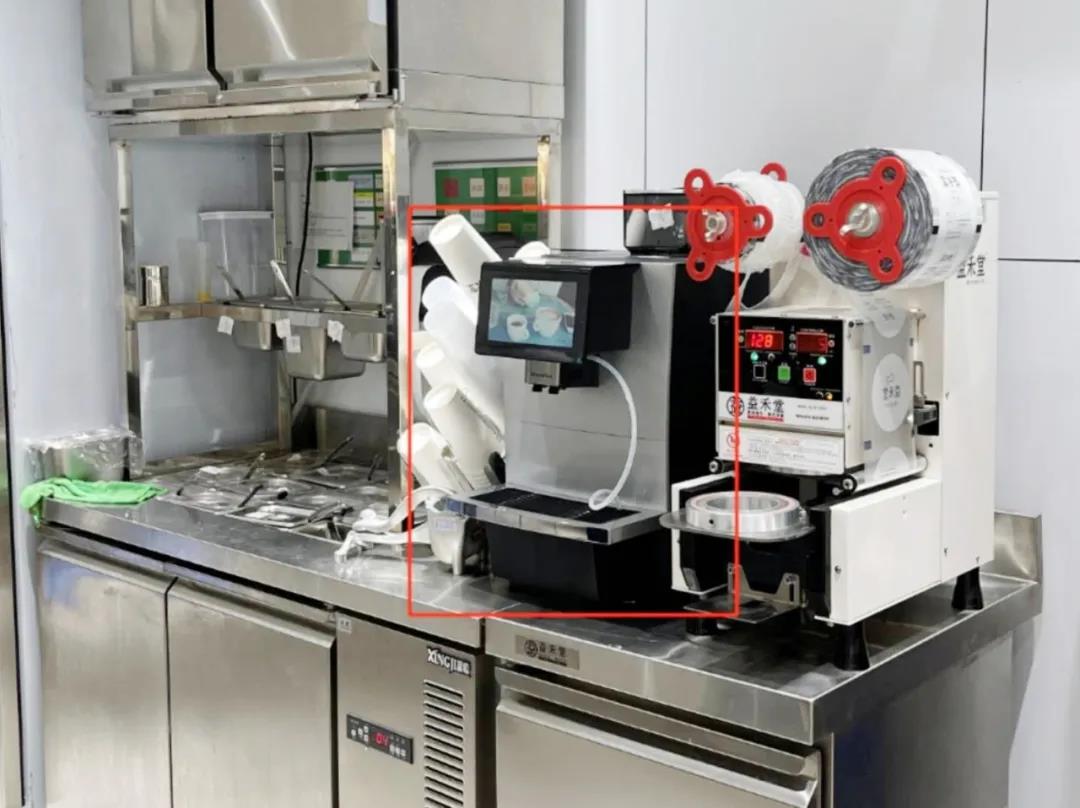
2. Product development: not the usual menu with a coffee twist
Both coffee and tea are beverages, but they are essentially different when it comes to product development.
Some small brands simply replace the tea base in their drinks with espressos, and the taste turns out to be lousy. Coffee has its own unique flavors, which shall be recognized and factored in when creating a new coffee mix drink.
Product development for tea beverages found a way to connect the original flavor with a new experience. The same principle applies to fusion coffee drinks.
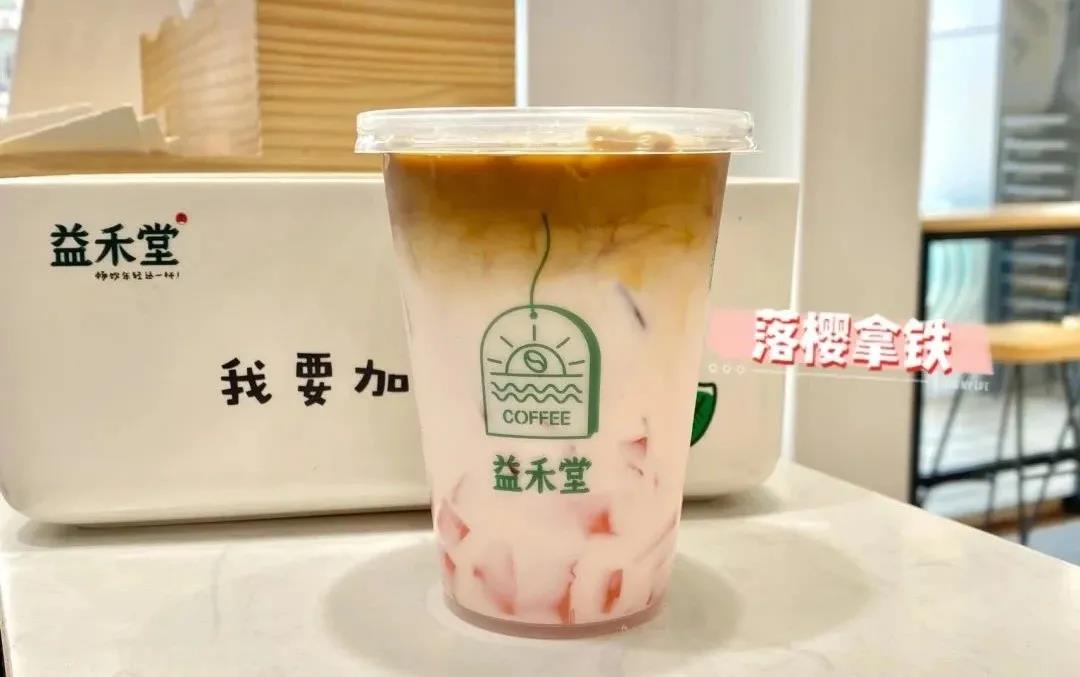
What is more, extraction is key for coffee. Under-extraction and over-extraction can both annoy consumers’ taste buds, which means staff shall be properly trained to have fundamental barista skills as well as the experience to tell the difference.
3.Selling: when maintenance gets high, promotor willingness goes low
Cleaning equipment seems like a small duty, but it has a huge impact on selling. If you have a high maintenance coffee machine, your staff will refrain from recommending coffee to customers. Poor sales performance can be expected.
Yihetang resolved the problem by changing to a better machine. Chen Ya says, “We now work with Dr. Coffee’s machine, so you only need to clean it once after making 40 cups. Our last one couldn’t last for 10 cups before it had to be cleaned, and it was a lot of trouble.”
4. Operations: not every vendor offers decent after-sale support
Operational challenges can be a deal breaker for many business owners. For some imported equipment, in case of malfunctions, components should be ordered from overseas, and their delivery can take up to a few weeks – apparently bad for business.

As fusion coffee and yuenyeung milk tea become popular, coffee and tea no longer has a clear boundary in between. Coffee in tea beverage stores has become a rising trend, and the overlap between tea and coffee consumers only seem to expand.
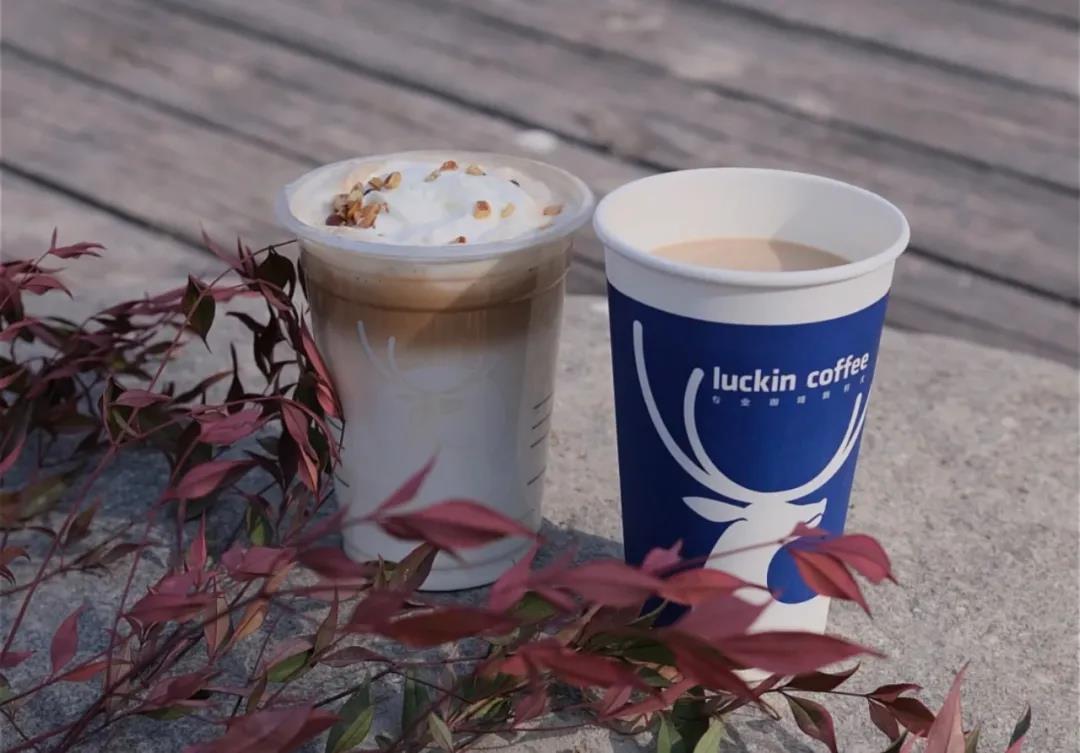
For beverage stores, one more product line means one more sales opportunity as well as one more consumer group.
For a tea beverage store to sell coffee, the key lies in identifying a product strategy that fits, considering equipment, ingredients and marketing.
1. Reliability even in busiest hours, and short learning curve
Unlike cafés, tea beverage stores prioritize reliability, efficiency and convenience in their coffee line.
Stable, consistent productivity even during busiest hours is the top demand.
Justin Coffee under Suntory, Japan is a dedicated coffee solution provider for retailers, hospitals and corporate offices. Including 2,200 Lawson convenience stores, Suntory owns 3,000+ coffee counters in China.
According to Yang Chao, Coffee BU, Suntory, they also work with 3,000 sets of Dr. Coffee’s machines in China. In some hospitals and schools, one machine makes 200+ cups per day, and the fault rate is less than 2% despite such intensity.
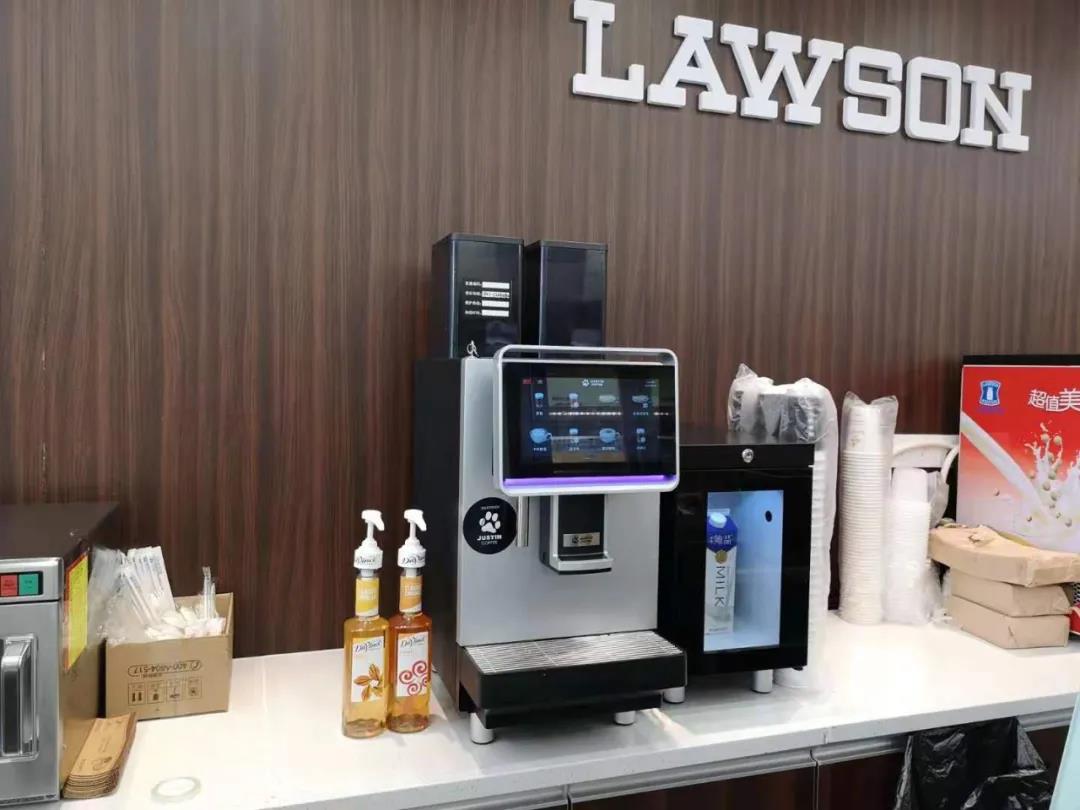
“Dr. Coffee recently launched a new model, F4, which makes 600 cups in an hour. It makes busy hours a lot easier,” Yang Chao says, and points out the importance of after-sale service, “Dr. Coffee is capable of sending an engineer to our store within 24 hours since request, and taking care of the problem within 48 hours. Their R&D is great, so their products are truly rooted in customer demand and consumption scenarios.”

As far as we know, Lawson, TOUS les JOURS, Illy, Tesla, etc, have chosen Dr. Coffee’s machines for their coffee counter. Dr. Coffee delivers 50,000+ fully automatic coffee machines in a year to international customers, including mature coffee markets like Europe.
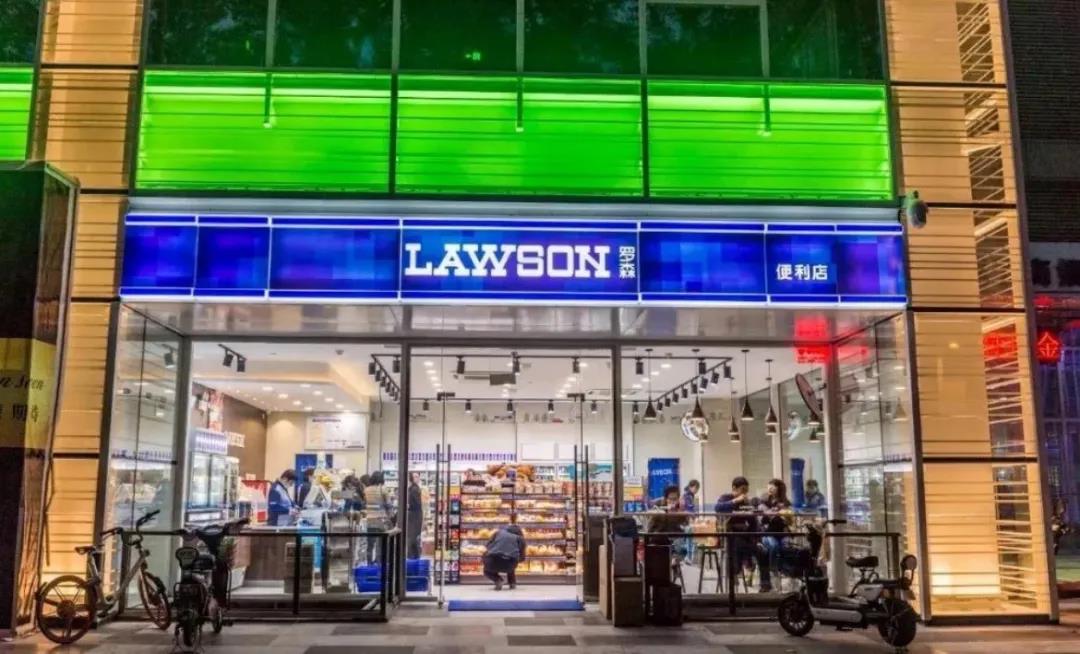
“High performance, low maintenance” is the next priority when beverage stores choose their coffee equipment.
For a small business, it is unrealistic to have a full deck of accredited baristas. Only if the coffee machine is user-friendly and low maintenance, will the staff be willing to promote coffee. For any chain business, this is also the prerequisite for product and service consistency.
According to Chen Ya, Dr. Coffee’s machines are enabled with IoT technologies, so that her brand can configure extraction configurations at their HQ with a simple click of button. This allows them to have standardized products, and is a great feature that even most imported coffee makers do not have.
2. Not necessarily Arabica
For beverage stores, the best taste doesn’t necessarily have to be made with 100% Arabica beans, and they don’t have to sell SOEs like specialty cafés.
Arabica or not, sweetened or not… It all depends on your demographics. The best products are the ones that your consumers like and are willing to pay for.
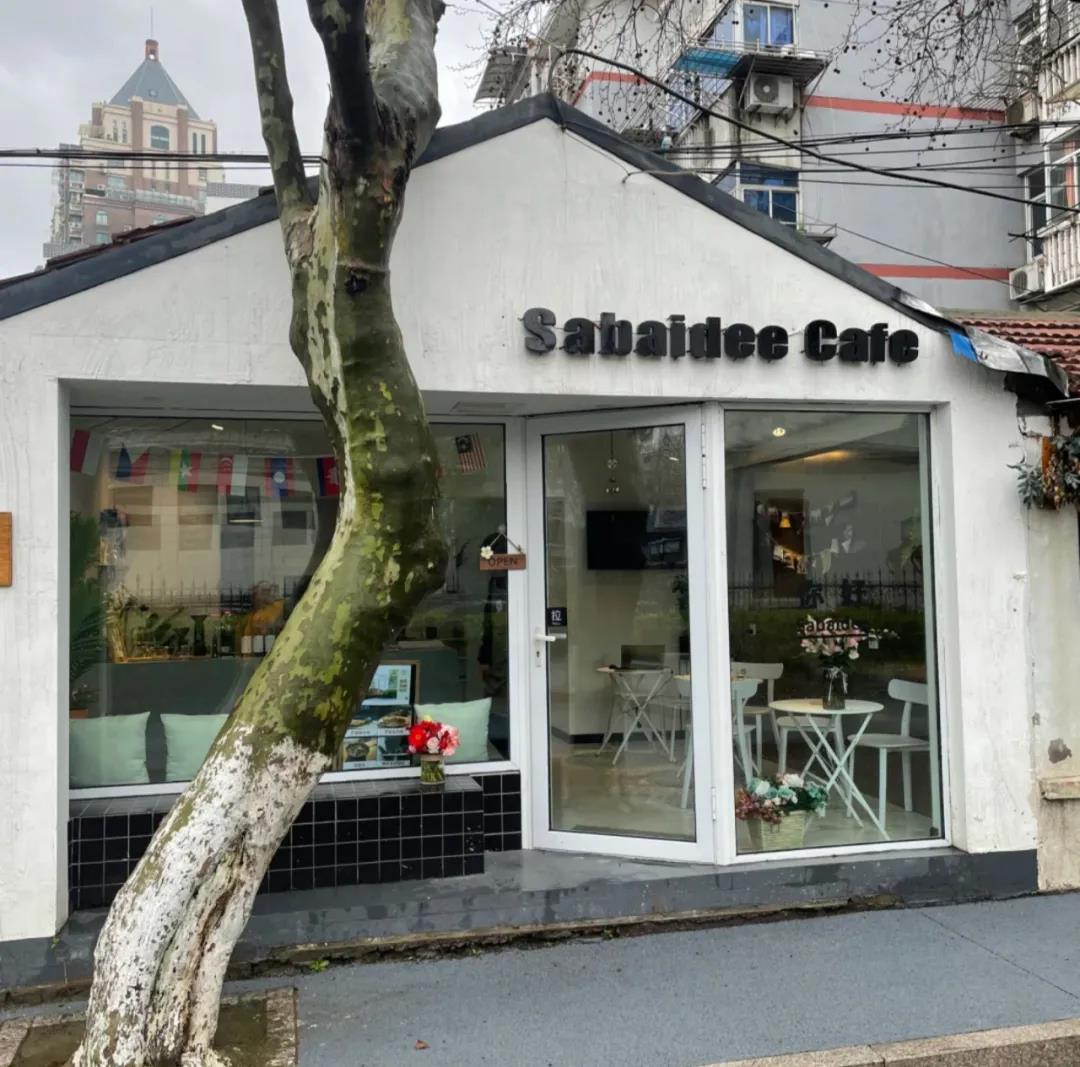
3. Marketing that takes coffee consumers to you
Regarding store marketing, Chen Ya makes the following comment:
“Just putting a decent coffee machine on your counter doesn’t guarantee great coffee sales. Without relevant posters, promotion and sales pitch, you won’t create the coffee vibe, and you won’t reach the coffee consumers.”
Finding the right equipment and ingredients is only the first step. Next is to communicate “we sell coffee” to customers.
Ending note
As tea beverage becomes a blue ocean market, raising sales income and single store profitability becomes the absolute key for any brand.
The top brands are putting their money on coffee as growth booster.
As a matter of fact, coffee has been there in milk tea stores for long. Back in 2008, Zhang Hongfu, GM of Mixuebingcheng tried mixing Nestle’s instant espresso with sugar and milk power, and made their first 3 in 1 coffee, which he poured into their juice mixer. He designed a poster for the new product that said, “Iced cappuccino, RMB 1/per cup”.
Surprisingly, it sold extremely well. In a winter day, they could sell more than 1,000 cups of this RMB 1 product.
Later, Mixuebingcheng officially added coffee to their product line, and even developed an ice-cream topped coffee, which they sold for RMB 1.5 per cup, another big time hit for the brand.
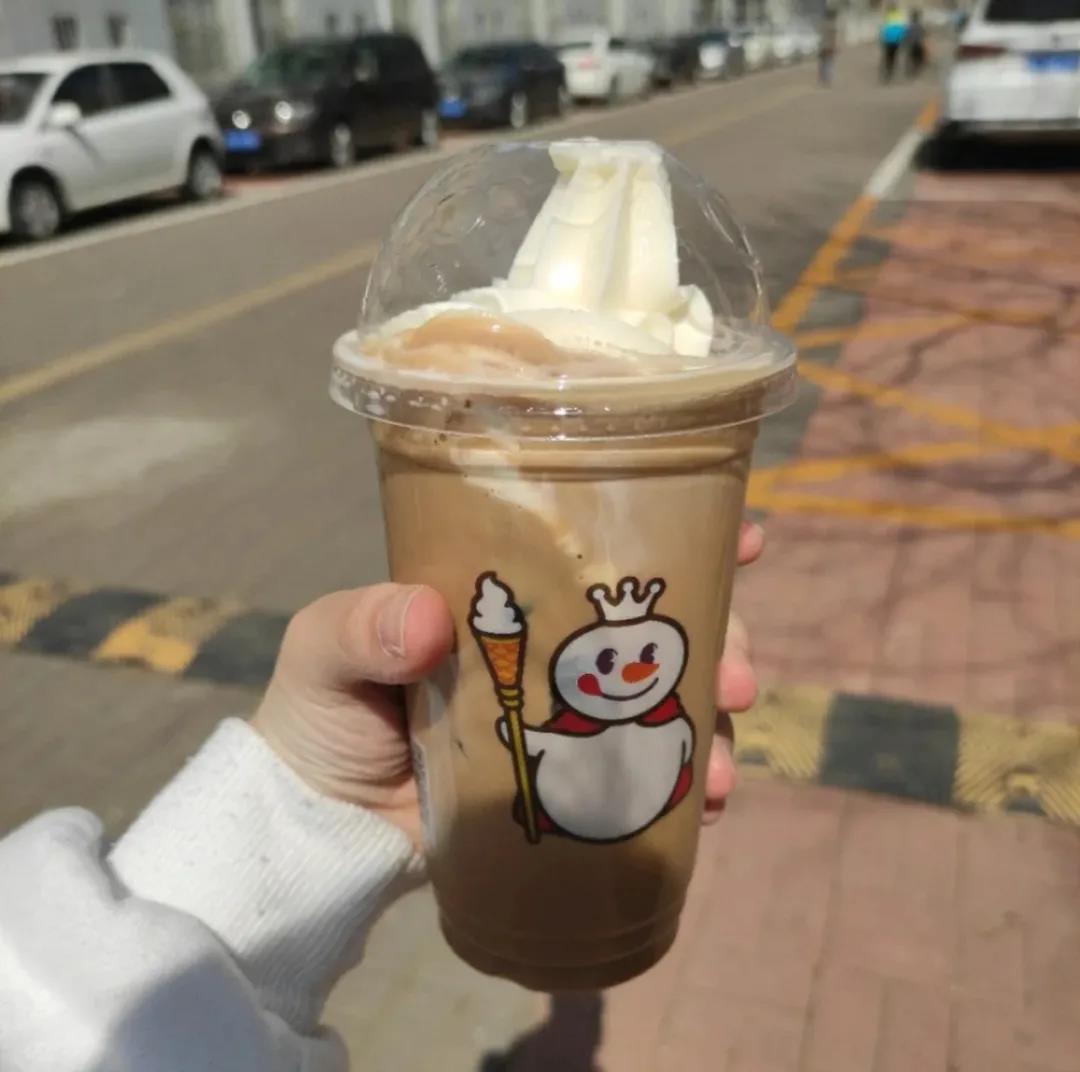
For modern tea beverage brands, whether it is professional specialty coffee or coffee flavored sweet drink that they sell, as long as a viable product solution is landed, there is a chance to ride on the growth trend.